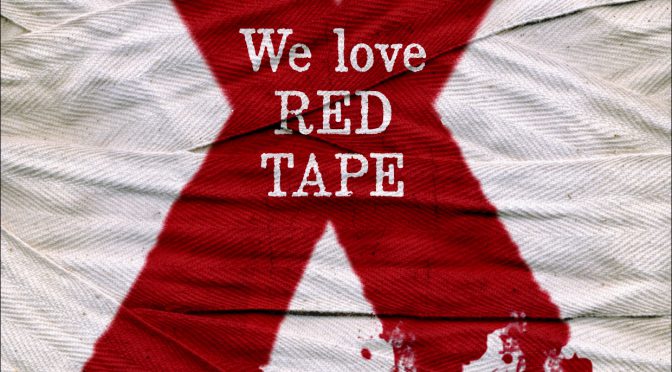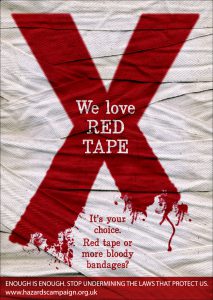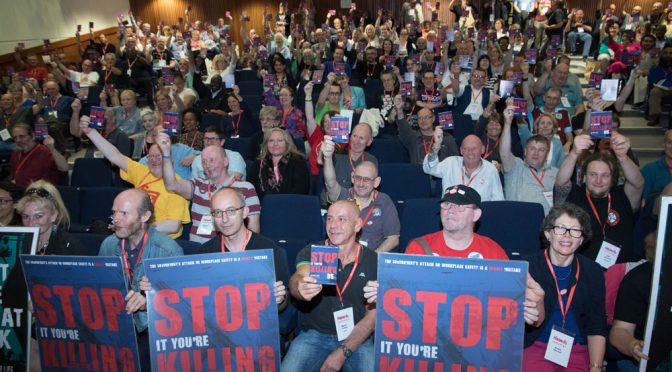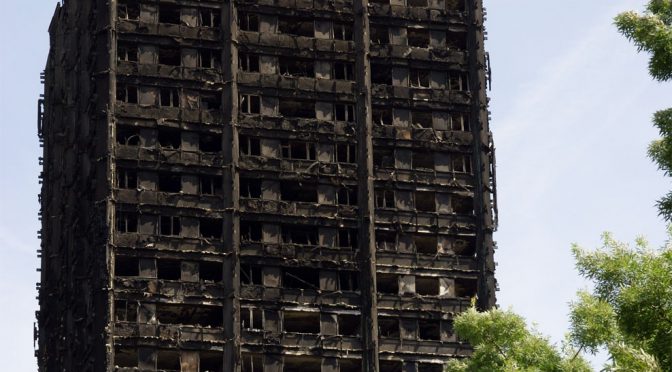FACK families spend International Workers’ Memorial Day remembering our dead and further reinforcing our commitment to fight like hell for the living: you and your loved ones.
We do it because this year the TUC focus for the day is on good health and safety for all workers whoever they are. Because, whoever they are, they are someone’s parent, spouse, sibling, child…they are someone’s loved one.
Until it touches your life, you can’t fully appreciate the impact it has. Seeing a fiancé going from choosing wedding cars to sitting in a funeral cortege. Having to visit a cemetery, once a month or more to lay flowers for a son and brother, who didn’t get the opportunity to become an uncle, a husband or a dad. Knowing you’ll never answer the phone again to hear the words “how you doin’ sis?” Having to send happy Easter, Christmas, anniversary, or birthday wishes “up there”. Or wishing you’d been able to say goodbye that morning before they left.
You see, the HSE figure of 144 people killed at work last year is heartbreaking enough in itself: that so many should leave home, never to return. And so is knowing that the last text you sent your husband read: “Hey sexy husband, hope your day’s got more exciting. Love you.” Mark was that sexy husband. He was dead before he got the chance to read it, all down to lack of health and safety protections which he, his wife Tracey and their now 4-yr-old daughter should have expected to be a given.
It should also be a given that each and every work-related death is recognised, counted and therefore made to count! We must remember all of the dead. Because the HSE figure doesn’t include those who die at sea, or as a result of air incidents, or who die on our roads while working (or who are driving home dog tired after having to work excessively long hours of work), members of the public killed by work-related activities, or the huge numbers killed by occupational illnesses such as asbestos cancers.
It also doesn’t count those who die by suicide due to work. Hazards estimates this at around 300 every year across the UK. Almost one person every day driven to suicide because of work-related stress, fears over job security and low pay, work overload, bullying, or indeed as a result of injury or illness suffered at work, or the death of colleagues.
We daren’t begin to contemplate the horror of knowing your loved one, a police officer, took his own life after two of his colleagues were killed in the line of duty. Having written out his own death tag, he hanged himself from a tree at a spot where he’d previously found a suicide victim.
Or the feeling of helplessness felt by the wife of the popular firefighter on hearing he had been found dead at his station having taken his own life. She had reassured him “it was just a job and it didn’t matter”, that it was her “and the kids who were important”. He was a man who “had never been the same” after the preventable death of a fellow firefighter two years previous and who a coroner was to find had had “pressure upon pressure piled upon him” at work.
Just as a young teacher had. Her family state she was “worked to death” after a job promotion, only sleeping for 3 hours a night as her “mind was in overdrive”. How would you ever being to come to terms with a loved one’s decision to jump to their death from a motorway bridge.
If we’re to effectively fight for the living, we must recognise work-related suicide – just as they do in Japan, Australia and France – and work to eliminate the causes. We must resist the move to resilience as a means of tackling stress, and instead focus on removing or fixing the hazards, rather than fixating on fixing the worker.
A report in Hazards magazine states that: “when people feel they no longer have a voice in the workforce, they protest in other ways including, in the most extreme cases, by killing themselves.”
The most powerful voice is a collective one. And we know that a union workplace is a far safer workplace! Fewer injuries and occupational illnesses. Less sickness absence. And better reporting of health and safety problems, so they can be fixed before a worker suffers life-changing, life-limiting or life-ending consequences.
A union workplace is also a fairer, more equal one.
The international theme for today centres on inequality at work. Because the work a person does often results from inequality and results in health inequality. The lower your pay grade, the higher your health and safety risks, whether from overwork, exposure to substances which cause cancer, the inability to turn down overtime and shift work, or the worry about speaking up on health and safety for fear you lose your job and your family’s livelihood as a result.
As the “gig economy” and precarious work becomes increasingly prevalent, we see workers expected to survive on contracts that are temporary or casual in nature, with no guarantee as to hours, which are low paid, and which lack access to employment benefits and important legal protections. These work arrangements negatively impact on the health and safety of individuals, whether in the form of increased incidence of workplace injury, work intensification and stress levels, or decreased collective organisation and trade union membership. We must counter this and get political priorities properly focused, reiterating that we didn’t – and we won’t – vote to die at work!
We will continue the work of getting to a point where never again does a loved one leave home in a work’s van, only to return in one belonging to an undertaker.
So on this International Workers’ Memorial Day, we urge you to remember not only our dead, but all of the dead…and let’s ensure we fight like hell to ensure all others are able to keep on with the most important job of all, that of living life to the fullest each and every day.
FACK was established in July 2006, by and for families of people killed by the gross negligence of business employers, see www.fack.org.uk
Founder Members of FACK:
Dawn and Paul Adams – son Samuel Adams aged 6 killed at Trafford Centre,10th October 1998
Linzi Herbertson – husband Andrew Herbertson 29, killed at work in January 1998
Mike and Lynne Hutin – son Andrew Hutin 20, killed at work on 8th Nov 2001
Mick & Bet Murphy – son Lewis Murphy 18, killed at work on 21st February 2004
Louise Taggart – brother Michael Adamson 26, killed at work on 4th August 2005
Linda Whelan – son Craig Whelan 23, (and Paul Wakefield) killed at work on 23rd May 2004
Dorothy & Douglas Wright – son Mark Wright 37, killed at work on 13th April 2005
For more information and to support FACK, contact Hilda Palmer, Facilitator for FACK: Tel 0161 636 7557




